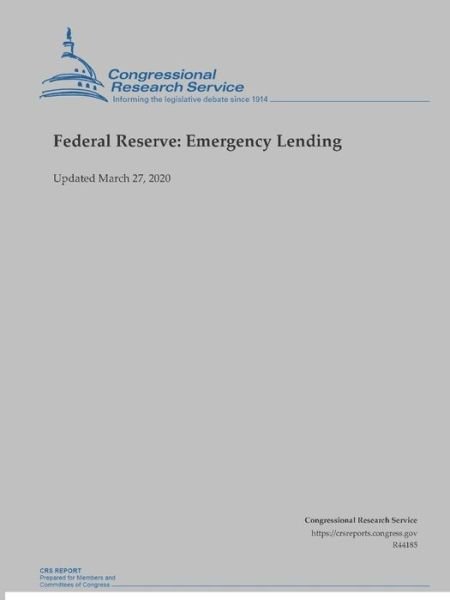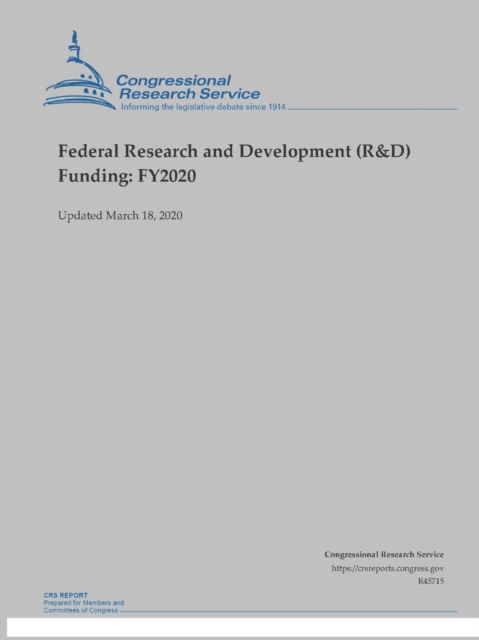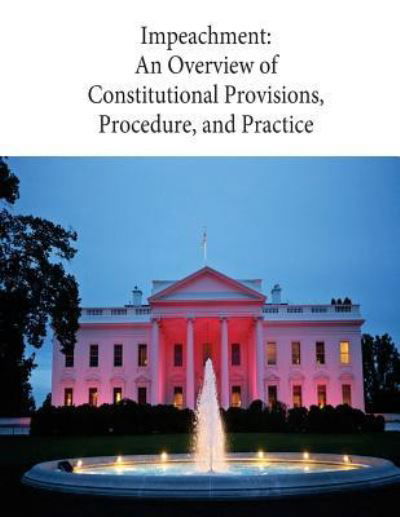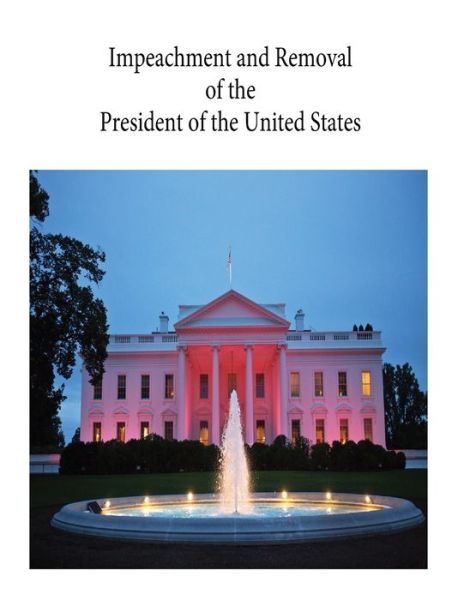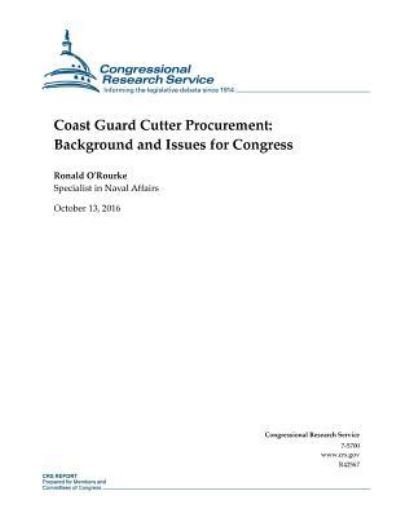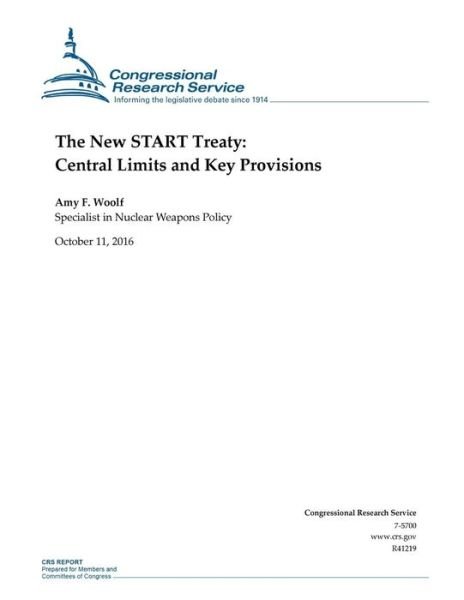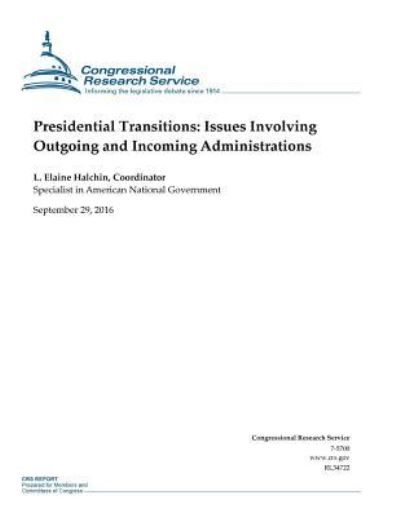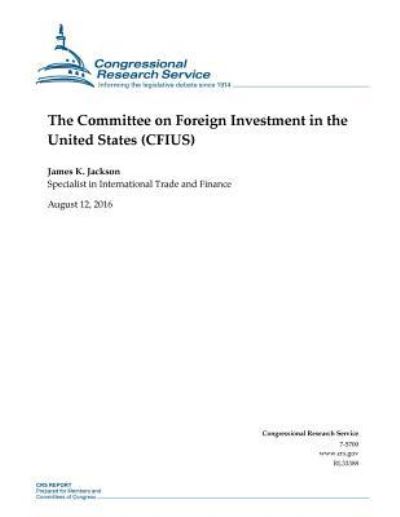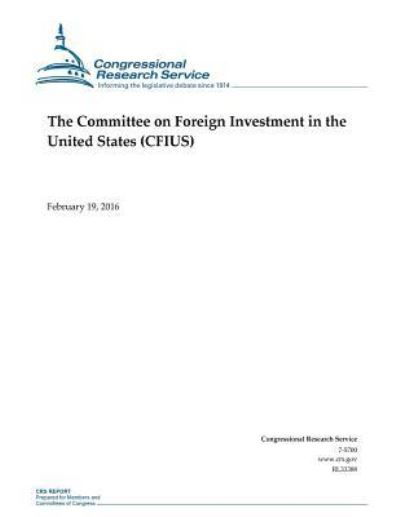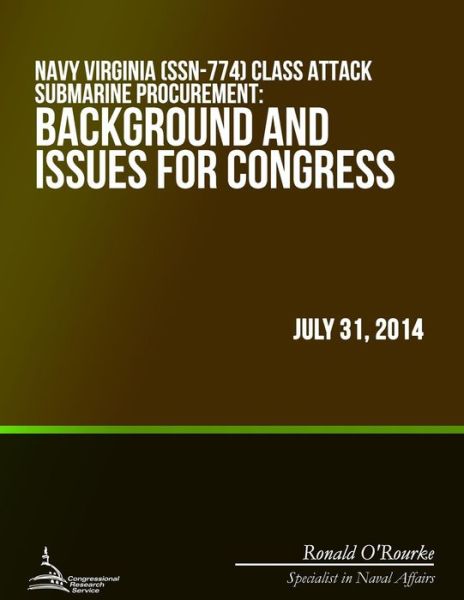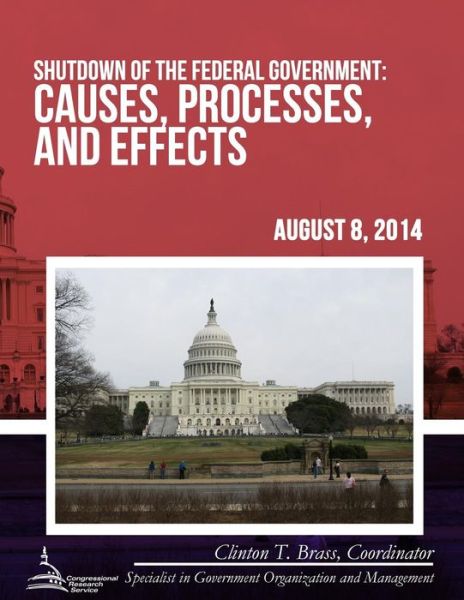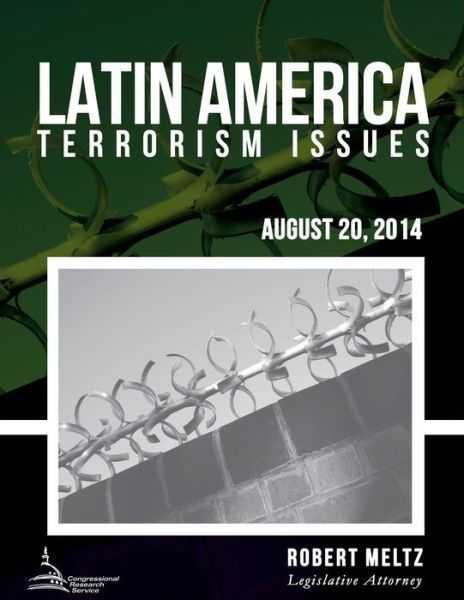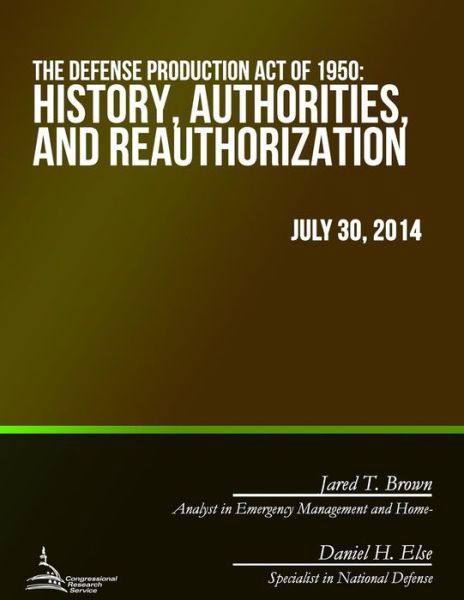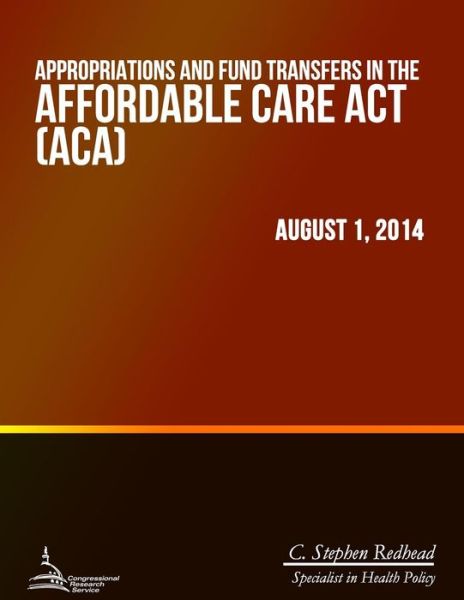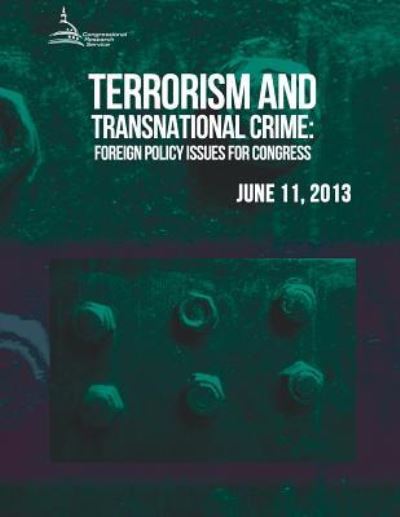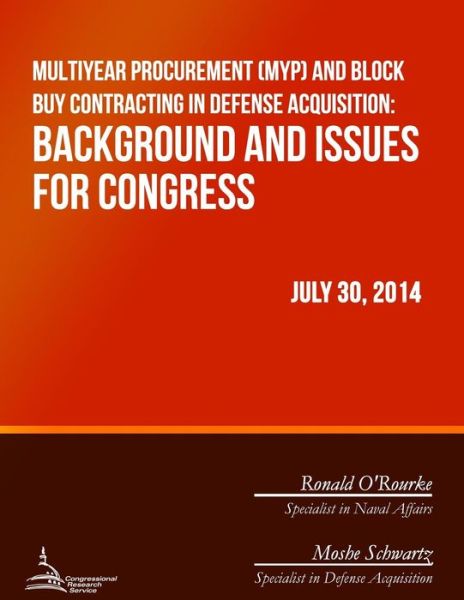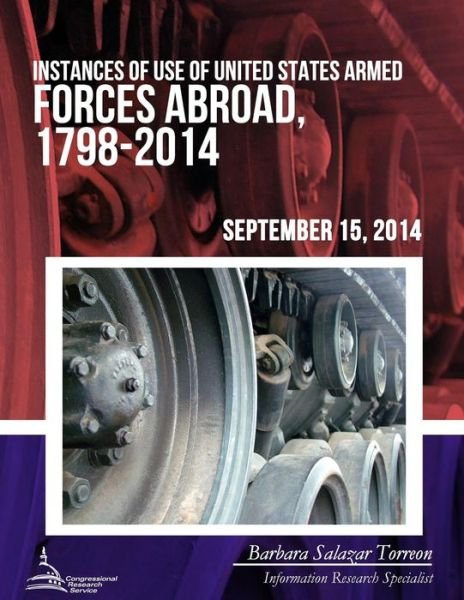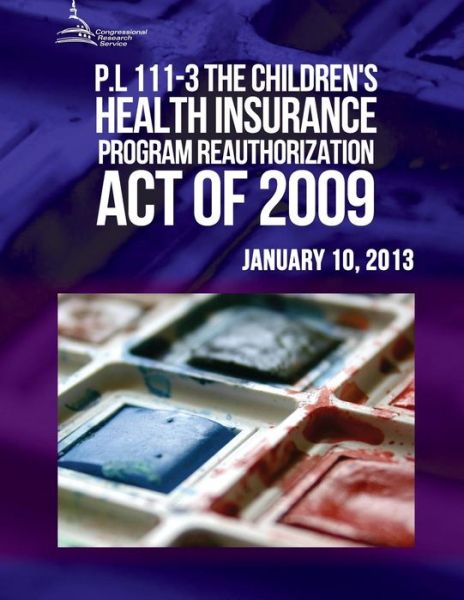
Tell your friends about this item:
Jordan
Congressional Research Service
Jordan
Congressional Research Service
This report provides an overview of Jordanian politics and current issues in U. S.-Jordanian relations. It provides a brief discussion of Jordan's government and economy and of its cooperation with U. S. policies in the Middle East. Several issues are likely to figure in decisions by Congress and the Administration on future aid to and cooperation with Jordan. These include Jordan's continued involvement in attempting to promote Israeli-Palestinian peace and the stability of the Jordanian regime, particularly in light of ongoing conflicts in neighboring Syria and Iraq. U. S. officials may also consider potential threats to Jordan from the Islamic State organization (IS, also known as ISIL, ISIS, or the Arabic acronym Da'esh). Although the United States and Jordan have never been linked by a formal treaty, they have cooperated on a number of regional and international issues over the years. Jordan's small size and lack of major economic resources have made it dependent on aid from Western and various Arab sources. U. S. support, in particular, has helped Jordan address serious vulnerabilities, both internal and external. Jordan's geographic position, wedged between Israel, Syria, Iraq, and Saudi Arabia, has made it vulnerable to the strategic designs of more powerful neighbors, but has also given Jordan an important role as a buffer between these countries in their largely adversarial relations with one another. The United States has provided economic and military aid to Jordan since 1951 and 1957, respectively. Total bilateral U. S. aid (overseen by the Departments of State and Defense) to Jordan through FY2016 amounted to approximately $19.2 billion. On February 14, 2018, U. S. Secretary of State Rex W. Tillerson and Jordanian Minister of Foreign Affairs Ayman Safadi signed a new Memorandum of Understanding (or MOU) on U. S. foreign assistance to Jordan. The MOU, the third such agreement between the United and Jordan, commits the United States to provide $1.275 billion per year in bilateral foreign assistance over a five-year period for a total of $6.375 billion (FY2018-FY2022). This latest MOU represents a 27% increase in the U. S. commitment to Jordan above the previous iteration and is the first five-year MOU with the kingdom. The previous two MOU agreements had been in effect for three years. In line with the new MOU, for FY2019 President Trump is requesting $1.271 billion for Jordan, including $910.8 million in ESF, $350 million in FMF, and $3.8 million in International Military Education and Training (IMET).
| Media | Books Paperback Book (Book with soft cover and glued back) |
| Released | March 11, 2018 |
| ISBN13 | 9781986419673 |
| Publishers | Createspace Independent Publishing Platf |
| Pages | 26 |
| Dimensions | 216 × 279 × 1 mm · 86 g |
| Language | English |
More by Congressional Research Service
See all of Congressional Research Service ( e.g. Paperback Book and Book )

 Christmas presents can be returned until 31 January
Christmas presents can be returned until 31 January


